Bone fractures can be debilitating and painful, often requiring substantial time for healing and recovery. While rest and medical interventions are vital aspects of the healing process, proper nutrition also plays a crucial role. In this article, we delve into the importance of calcium and vitamin D in bone fracture healing. By understanding their roles and incorporating them into your diet, you can optimize the healing process and promote overall bone health.
The Role of Calcium in Bone Fracture Healing
Calcium provides structural support for bones and is involved in numerous biochemical reactions that contribute to bone repair. It is essential for osteoblasts, the cells responsible for rebuilding fractured bones. Good dietary sources of calcium include dairy products, leafy green vegetables, legumes, and nuts.
The Significance of Vitamin D in Bone Fracture Healing
Vitamin D aids in the absorption of calcium and supports the activation of osteoblasts. Sunlight is the primary source of vitamin D, but it can also be obtained from fatty fish, fortified dairy products, and egg yolks.
Proper nutrition, including adequate calcium and vitamin D intake, is crucial for bone fracture healing. Additionally, protein, vitamin C, magnesium, zinc, and omega-3 fatty acids contribute to the healing process. Engaging in weight-bearing exercises, avoiding smoking and excessive alcohol consumption, getting sufficient sleep, and regular check-ups are also important for optimal bone health. By incorporating these factors into your lifestyle, you can support the healing process, strengthen your bones, and reduce the risk of future fractures.
External Links:

